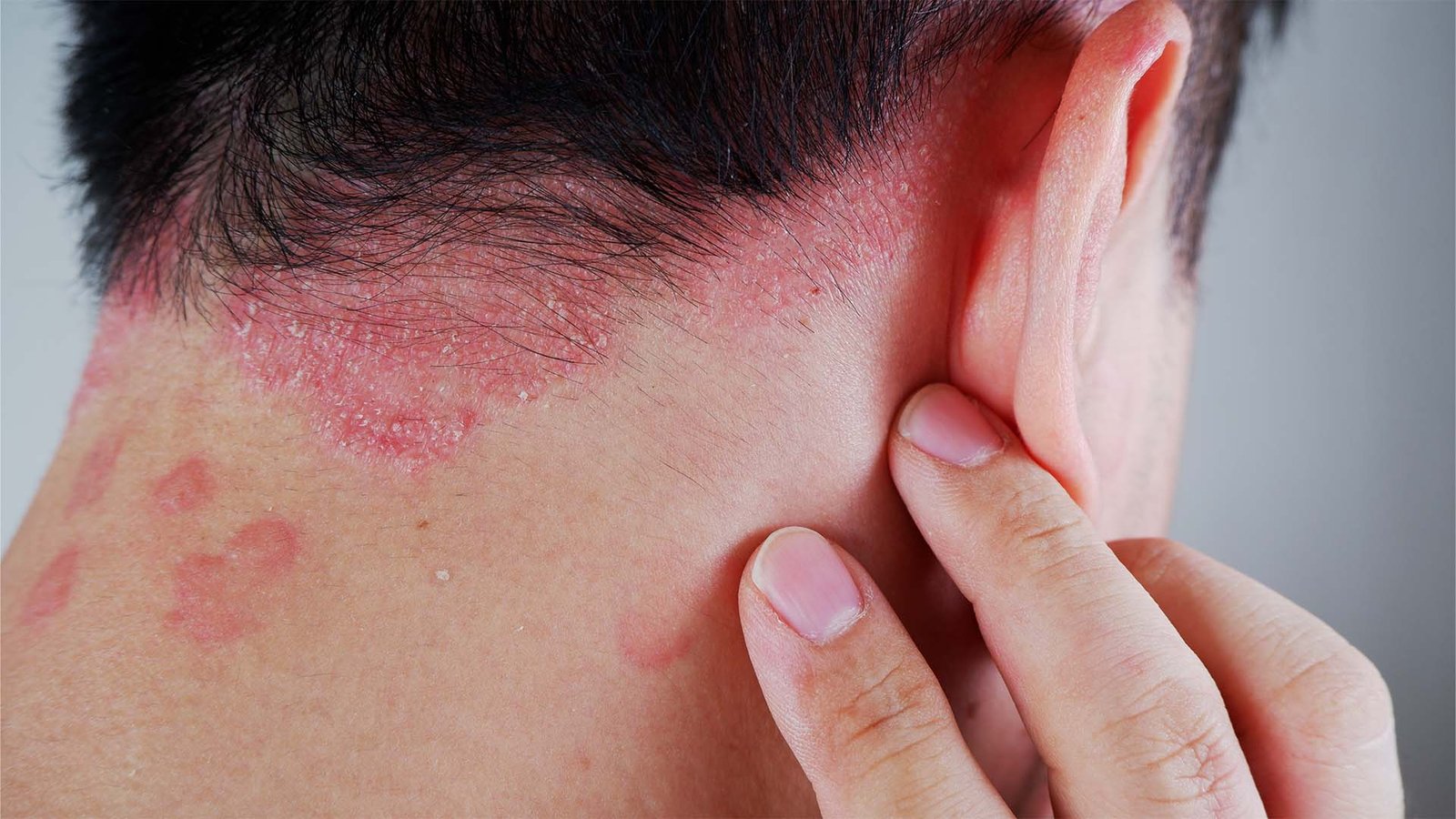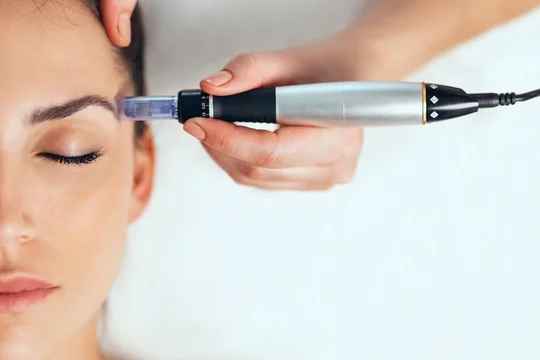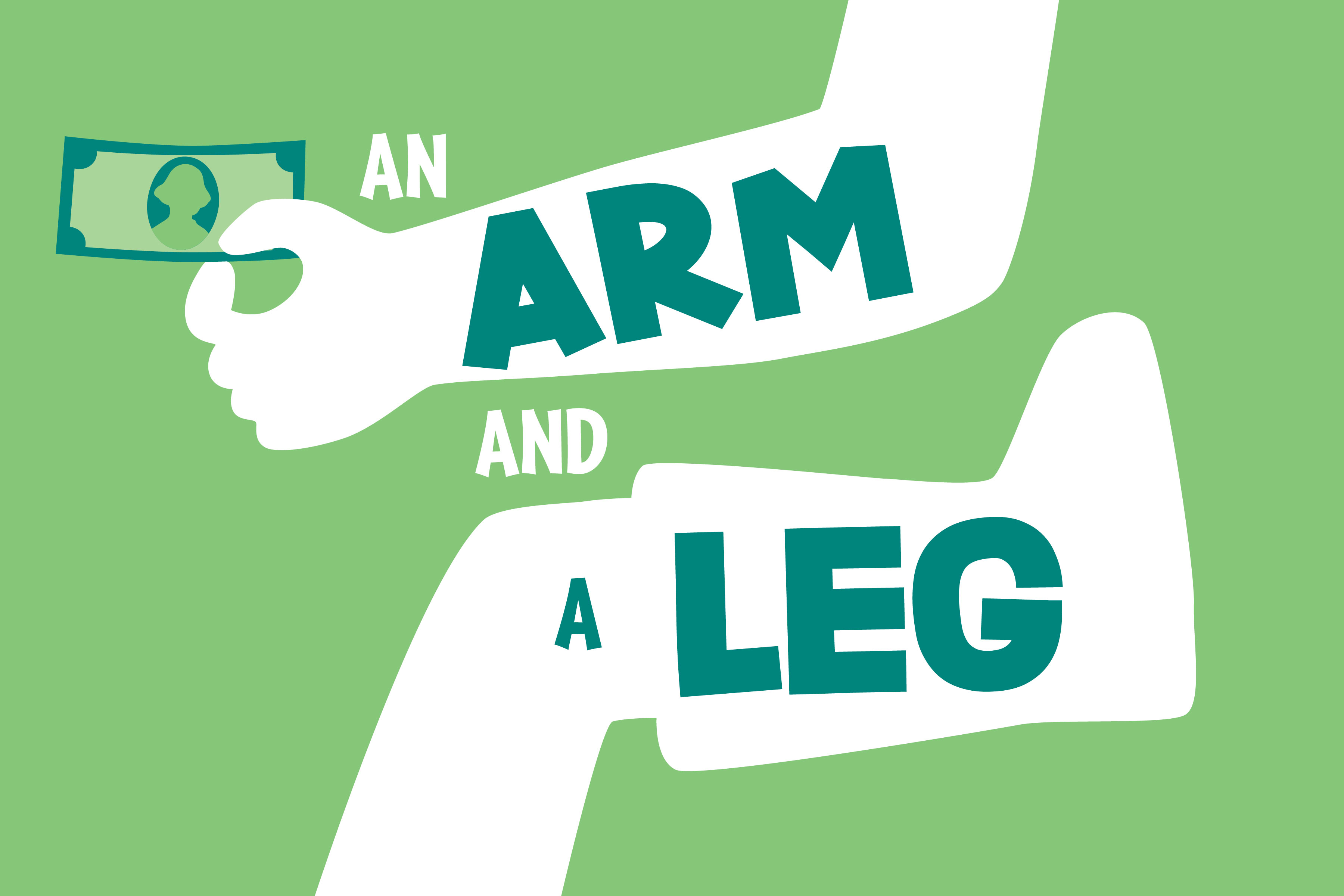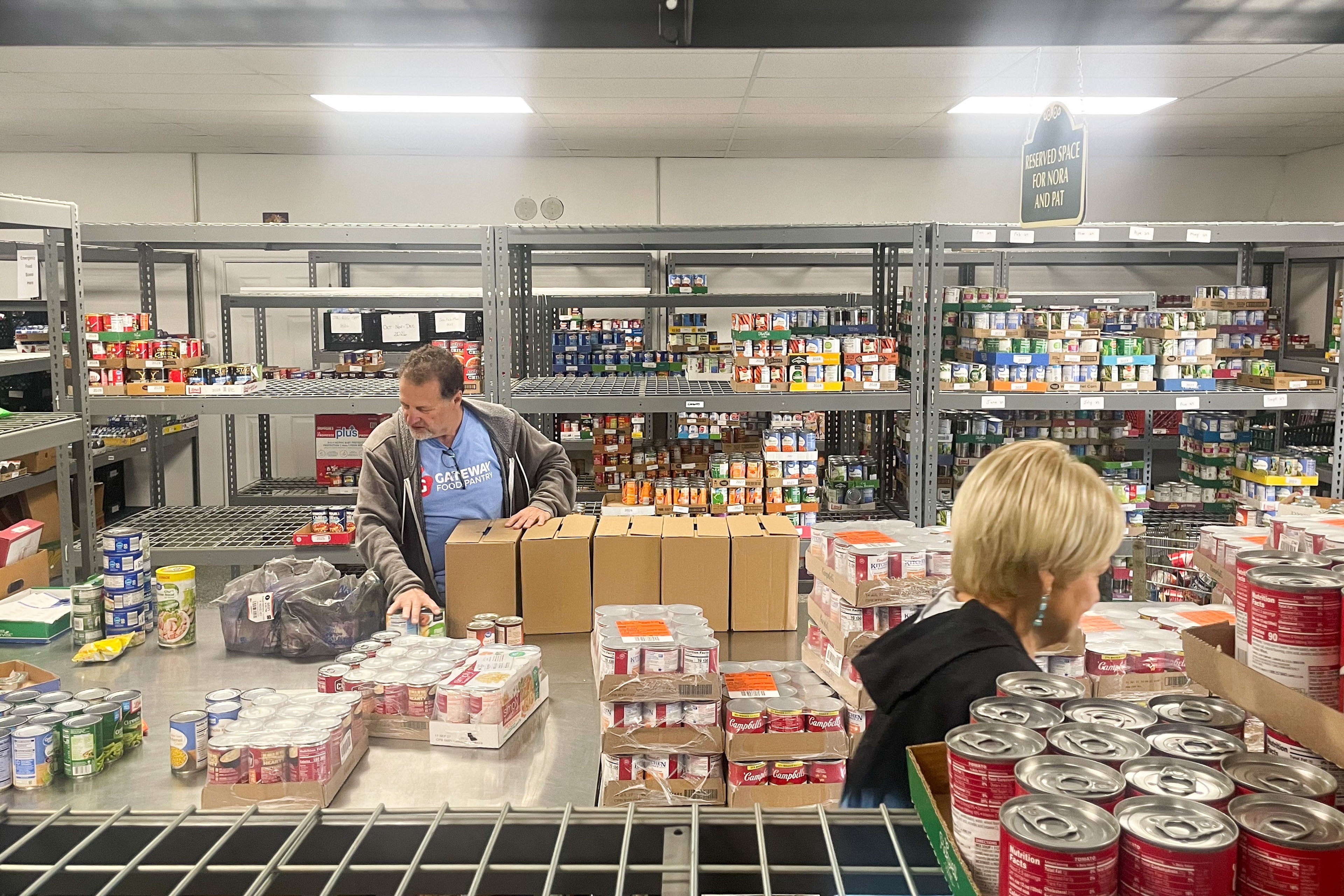Imagine your prostate is like a small garden in your youth — neat, manageable, and under control. But as the years pass, that garden can start to overgrow, and suddenly, weeds (read: extra prostate tissue) appear where you don’t want them. That’s essentially what happens in benign prostatic hyperplasia (BPH). While you can’t magically turn back the clock, there’s plenty you can do to slow the growth and prevent the urinary frustrations that make you feel like your bladder is staging a nightly protest.
In this article, we’ll break down practical advice for preventing BPH progression, tailored for Singapore men. And if things already feel a little out of hand, seeing a specialist for BPH treatment Singapore can make a world of difference.
Why BPH Matters
BPH is not prostate cancer, but it can still be a major inconvenience. As the prostate grows, it can press on the urethra, leading to symptoms such as:
- Frequent trips to the bathroom, especially at night
- Difficulty starting urination or weak urine flow
- Feeling like your bladder isn’t fully empty
- Occasionally, urinary retention or discomfort
These symptoms can affect sleep, daily routines, and overall quality of life. The good news is that BPH is usually manageable, especially when you act early.
My Personal Wake-Up Call
Full disclosure: I didn’t take my prostate seriously until I experienced what I now call the “3 a.m. bathroom shuffle.” Multiple nightly trips made me feel like I was running a personal marathon every night. That was when I realized lifestyle changes weren’t optional anymore. My doctor confirmed I had mild BPH and explained that while surgery wasn’t necessary, I needed to adopt preventive strategies to slow its progression.
Key Factors That Influence BPH
Several factors can affect how BPH progresses:
- Age – The older you get, the more likely your prostate is to enlarge.
- Hormones – Changes in testosterone and related hormones can stimulate prostate growth.
- Genetics – Family history plays a role; if your father or brothers have BPH, you may be more prone.
- Lifestyle & Metabolic Health – Obesity, diet, and physical activity can influence inflammation and prostate growth.
- Bladder Habits – How often you urinate and whether you empty your bladder completely can affect symptoms.
Understanding these factors helps you take proactive steps where you can.
Practical Ways to Prevent BPH Progression
You don’t need to live like a monk on a mountain to protect your prostate. Here are practical steps you can take:
1. Exercise Regularly
Physical activity helps maintain a healthy weight, reduce inflammation, and regulate hormones. It doesn’t have to be extreme — brisk walks, swimming, or cycling several times a week is enough to make a difference. I personally found that evening walks not only improved my bladder control but also boosted my energy and mood.
2. Eat a Prostate-Friendly Diet
Diet plays a surprisingly big role in BPH management. Focus on:
- Vegetables and fruits – Packed with antioxidants to support prostate health.
- Healthy fats – Include omega-3-rich foods like salmon and flaxseed, while reducing saturated fats.
- Tomatoes and lycopene – Cooked tomatoes can help reduce inflammation.
- Reduce red meat and processed foods – These may worsen inflammation.
- Fluid timing – Drink plenty of water during the day but limit intake in the evening to reduce nighttime trips.
Switching to this kind of diet made a noticeable difference for me — fewer bathroom interruptions and more restful nights.
3. Maintain a Healthy Weight
Being overweight can worsen BPH symptoms. Combining regular exercise with a balanced diet helps regulate your weight and hormones, giving your prostate a break. Monitoring metabolic health, like blood sugar and blood pressure, also indirectly supports prostate health.
4. Adopt Better Bathroom Habits
Your bladder will thank you if you:
- Use a schedule – Don’t wait until you feel desperate to urinate.
- Double void – After urinating, wait a few seconds and try again to ensure the bladder empties fully.
- Limit irritants – Reduce caffeine and alcohol, especially in the evening.
These small adjustments can have a big impact on symptoms.
5. Quit Smoking and Moderate Alcohol
Smoking can worsen inflammation and BPH symptoms, while excessive alcohol irritates the bladder. Moderation is key, particularly in the evening.
6. Regular Check-Ups
Preventing BPH progression isn’t just about lifestyle; medical monitoring is essential. Regular urology check-ups allow for:
- Tracking symptom progression
- Monitoring prostate size and urinary function
- Early intervention with medications if needed
Even mild BPH can benefit from periodic professional evaluation to catch potential issues before they become serious.
When to See a Urologist
Some signs indicate it’s time to seek professional advice:
- Worsening urinary symptoms
- Recurrent urinary retention
- Blood in urine
- Recurrent infections
- Significant prostate enlargement
Seeing a urologist early allows for proper evaluation and a tailored plan to slow progression.
Lessons From My Journey
Here’s what worked for me:
- Regular exercise and evening walks
- A diet rich in vegetables, fish, and healthy fats
- Limiting evening fluids and caffeine
- Following up with a urologist consistently
Where I stumbled:
- Late-night coffee and alcohol
- Skipping check-ups occasionally
The key takeaway: small, consistent steps matter. Prevention isn’t about perfection — it’s about consistency.
The Takeaway
BPH is a natural part of aging for many men, but it doesn’t have to disrupt your life. By adopting lifestyle changes, monitoring your health, and seeking professional guidance when needed, you can slow BPH progression and maintain a better quality of life.
If you’re in Singapore and want expert advice or personalized care, consulting a specialist for bph treatment in Singapore is a smart step.
Your bladder — and your nightly peace — will thank you.

Isreal olabanji a dental assistant and public health professionals and has years of experience in assisting the dentist with all sorts of dental issues.
We regularly post timely and trustworthy medical information and news on Fitness, Dental care, Recipes, Child health, obstetrics, and more.



















 English (US) ·
English (US) ·